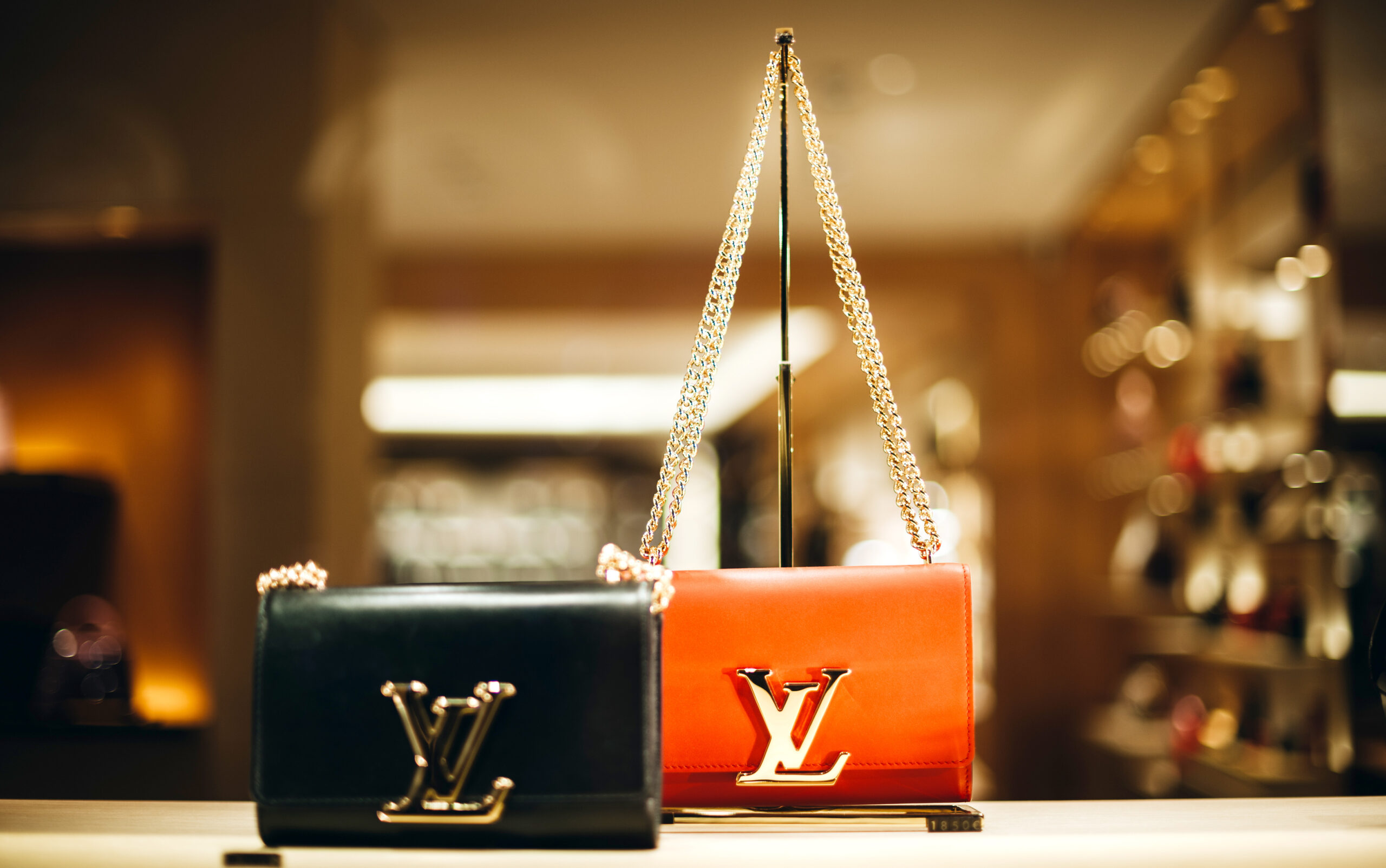
European stock markets navigated a complex session on Tuesday, inching higher as investors weighed tentative optimism over US trade policy against concerning signs of weakness in the luxury goods sector, highlighted by a significant slump in LVMH shares.
The day reflected the ongoing push-and-pull between hopes for tariff relief and the tangible economic impacts of existing trade tensions.
Auto sector accelerates on tariff relief hopes
A key driver for the cautious optimism was the automotive sector.
The Stoxx Europe 600 Autos & Parts index surged 2.5%, leading sectoral gains across the continent.
This rally followed comments from US President Donald Trump indicating he was considering modifications to the 25% tariffs currently imposed on foreign auto and auto parts imports from key trading partners like Mexico and Canada, as well as other countries.
This hint of potential relief provided a significant boost to car manufacturers and suppliers.
Reflecting this positive sentiment, Germany’s DAX index climbed 1.3% and the UK’s FTSE 100 rose 0.7% by mid-morning (07:15 GMT).
The broader pan-European STOXX 600 index also managed a gain of 0.7% (ticking up 0.6% as of 0706 GMT). Stock indexes in Spain also saw respectable gains.
Luxury loses luster: LVMH slump weighs heavily
However, the gains were tempered, particularly in France, where the CAC 40 index dipped 0.1% to 0.2%.
This underperformance was largely attributed to a sharp 7.1% decline in the shares of LVMH Moët Hennessy Louis Vuitton.
The world’s largest luxury conglomerate reported disappointing first-quarter revenue late Monday, revealing that shoppers in the United States had curtailed spending on beauty products and drinks, while crucial sales momentum in China remained weak.
LVMH’s struggles sent ripples across the high-end goods sector.
Peers such as Cartier-owner Richemont, Gucci-parent Kering, and Moncler all registered losses, falling between 2% and 2.8%, underscoring investor concerns about the impact of global economic uncertainty and trade friction on luxury consumption.
While the electronics tariff exemption announced over the weekend provided an initial boost, and the auto tariff hints added fuel, significant uncertainty continues to cloud President Trump’s broader trade agenda.
Federal Reserve Governor Christopher Waller suggested Monday that any inflation stemming from tariffs would likely be “transitory,” keeping the door open for potential interest rate cuts.
However, simultaneously, filings revealed Monday that the Trump administration is actively proceeding with national security investigations into imports of pharmaceuticals and semiconductors, signaling intent to potentially impose tariffs on these sectors as well.
This mixed messaging keeps businesses and investors on edge.
Eyes on Frankfurt: ECB and economic data in focus
Against this backdrop, market participants are keenly awaiting the European Central Bank’s policy decision on Thursday.
A 25-basis-point interest rate cut is widely anticipated by the markets.
Policymakers, however, must weigh factors like contained inflation – highlighted by French data confirming annual CPI at 0.8% in March – against renewed economic pressures from trade tensions and a relatively stronger euro.
Adding to the complexity, UK labour market data released Tuesday showed the unemployment rate holding steady at 4.4% in February, but wage growth (excluding bonuses) ticked slightly higher to 5.9% annually in the three months to February.
This persistent wage pressure is a key metric for the Bank of England as it assesses the path for potential future rate cuts.
Corporate currents: Ericsson surges, BESI boosted
Beyond the major macro themes, individual corporate news also moved markets. Swedish telecom equipment maker Ericsson jumped 6.9% after reporting first-quarter core earnings that significantly beat expectations.
Dutch firm BE Semiconductor Industries (BESI) surged 7.1% following the news that US-based Applied Materials had acquired a 9% stake.
Elsewhere, positive results came from French advertising group Publicis Groupe (EPA:PUBP) and Nivea-owner Beiersdorf (ETR:BEIG).
Crude climbs cautiously
In commodity markets, oil prices edged higher, finding support from the tentative optimism surrounding potential US tariff exemptions and data showing a rebound in China’s crude imports in March.
As of 03:15 ET, Brent crude futures rose 0.6% to $65.29 a barrel, while US WTI crude futures gained 0.7% to $61.97.
Overall, European markets presented a picture of cautious gains, buoyed by sector-specific tariff hopes but held back by weakness in luxury and the persistent fog of uncertainty surrounding global trade policy.
The post European stocks gain on auto tariff hopes, but LVMH slump clouds outlook appeared first on Invezz
